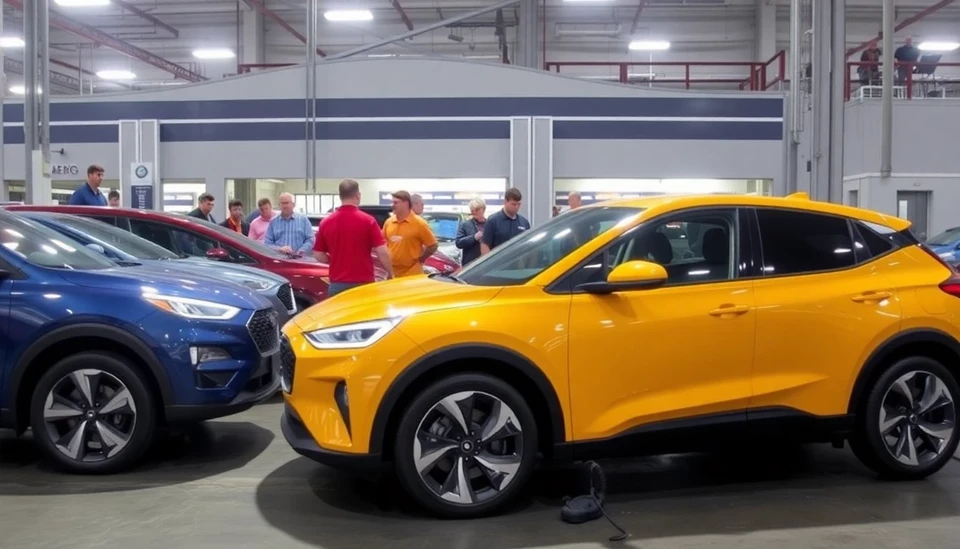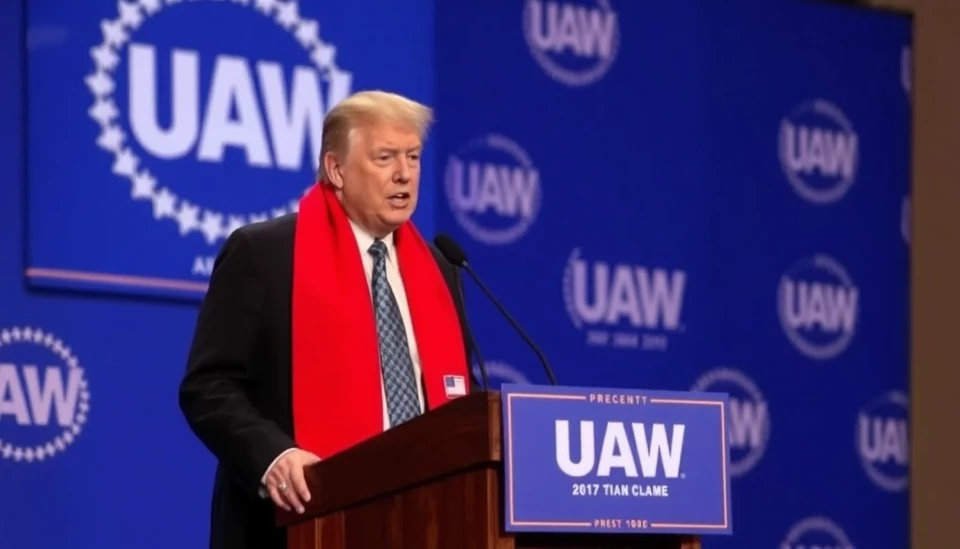
In a surprising turn of events, the United Auto Workers (UAW) union and electric vehicle manufacturer Rivian have reached a secret agreement aimed at simplifying the unionization process for employees at Rivian's production facilities. This pivotal pact is expected to ease the path for workers seeking to join the union and could set a precedent for other companies in the burgeoning electric vehicle sector.
The groundbreaking deal comes at a time when the EV industry is experiencing rapid growth and increasing scrutiny over labor practices. With Rivian becoming a key player in the electric vehicle market, this agreement may influence labor relations not only within Rivian but also across the broader industry.
Under the terms of the agreement, Rivian has reportedly committed to a more transparent process for unionization, which could empower employees and foster a more cooperative relationship between management and the workforce. This initiative reflects a growing recognition among automakers of the benefits of labor organization amid rising consumer demand for sustainable and ethically-produced vehicles.
In the context of the ongoing labor movement in the U.S., this deal signifies a broader shift towards improved labor rights and conditions. It comes at a time when unions have been gaining traction, as workers across various sectors advocate for fair wages, job security, and better working conditions.
The UAW's involvement with Rivian is particularly noteworthy. Traditionally representing workers in Detroit's automotive industry, the union is now extending its reach into the realm of electrification. This move not only enhances the UAW's relevance in the modern automotive landscape but also emphasizes its adaptability in addressing the needs of a changing workforce.
As Rivian scales up production in response to the increasing popularity of electric vehicles, the company faces the urgent task of ensuring that its workforce remains satisfied and engaged. The unionization process, facilitated by this agreement, promises to create an environment where employee voices can be heard and valued, ultimately contributing to higher productivity and workplace morale.
This decision has been welcomed by labor advocates who see it as a milestone in the ongoing campaign for workers' rights. As Rivian continues to develop its electric vehicle lineup, the collaboration with the UAW may serve as a model for other companies in the industry to follow suit, fostering a culture of cooperation rather than conflict between management and their employees.
In conclusion, the secret agreement between Rivian and the UAW marks a significant step toward fostering a more inclusive and worker-friendly environment in the electric vehicle sector. The implications of this deal could resonate far beyond Rivian's factories, influencing labor relations throughout the rapidly evolving automotive industry.
#UAW #Rivian #ElectricVehicles #Unionization #LaborRights #EVIndustry #WorkerEmpowerment
Author: Samuel Brooks




